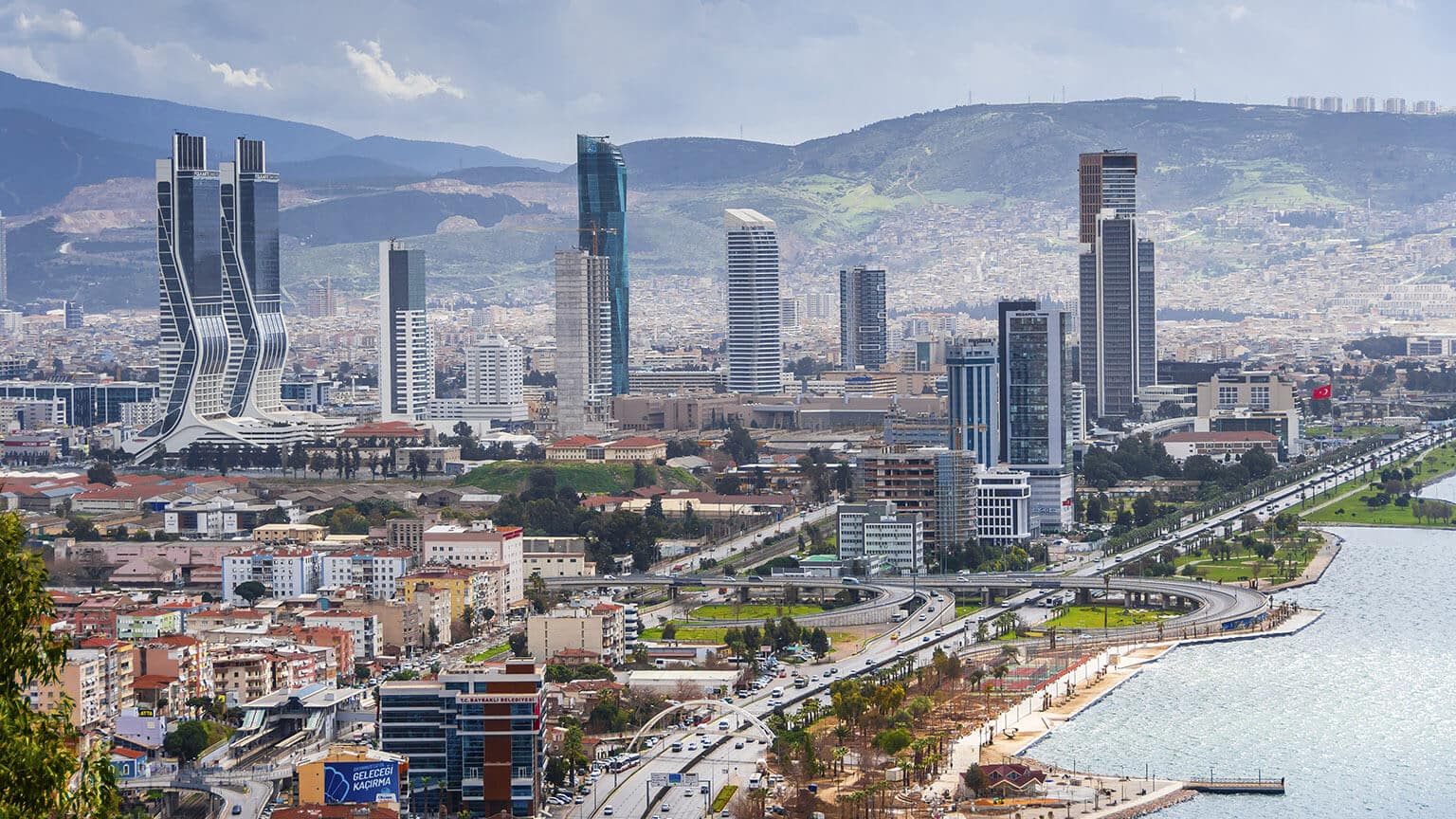Investors receive Turkish citizenship by investment of $250,000 or more in the country’s economy. The state government offers participants of the program six investment options:
Purchase real estate - from $250,000.
Open a deposit in a Turkish bank - from $500,000.
Buy securities - from $500,000.
Buy government bonds - from $500,000.
Opening a business with a capital of $500,000 or creating 50 workplaces.
To buy shares of investment funds - from $500,000
Investments under the citizenship program are repayable. After three years, the investor can sell the purchased securities or real estate or close the deposit.
The most popular option is the purchase of the real estate. Prices of Turkish real estate are rising by an average of 5‑20% per year, depending on the region. Since the beginning of the coronavirus pandemic, prices have increased by 15‑30%, according to the Chamber of Realtors.
One-bedroom apartments in Provincetown range in price from $30,000 to $50,000, with prices for multi-bedroom villas starting at $100,000.
To meet the investment prerequisite, an investor can buy for $250,000 to choose from:
Several inexpensive apartments in Kemer.
A two-bedroom apartment in Istanbul of 80 m².
A three-bedroom apartment in Antalya of 170 m².
A villa by the sea in Alanya of 200 m².
Examples of properties in Turkey









